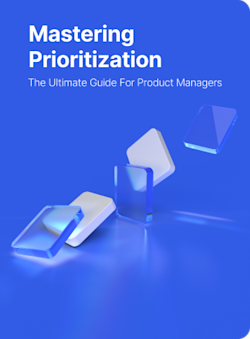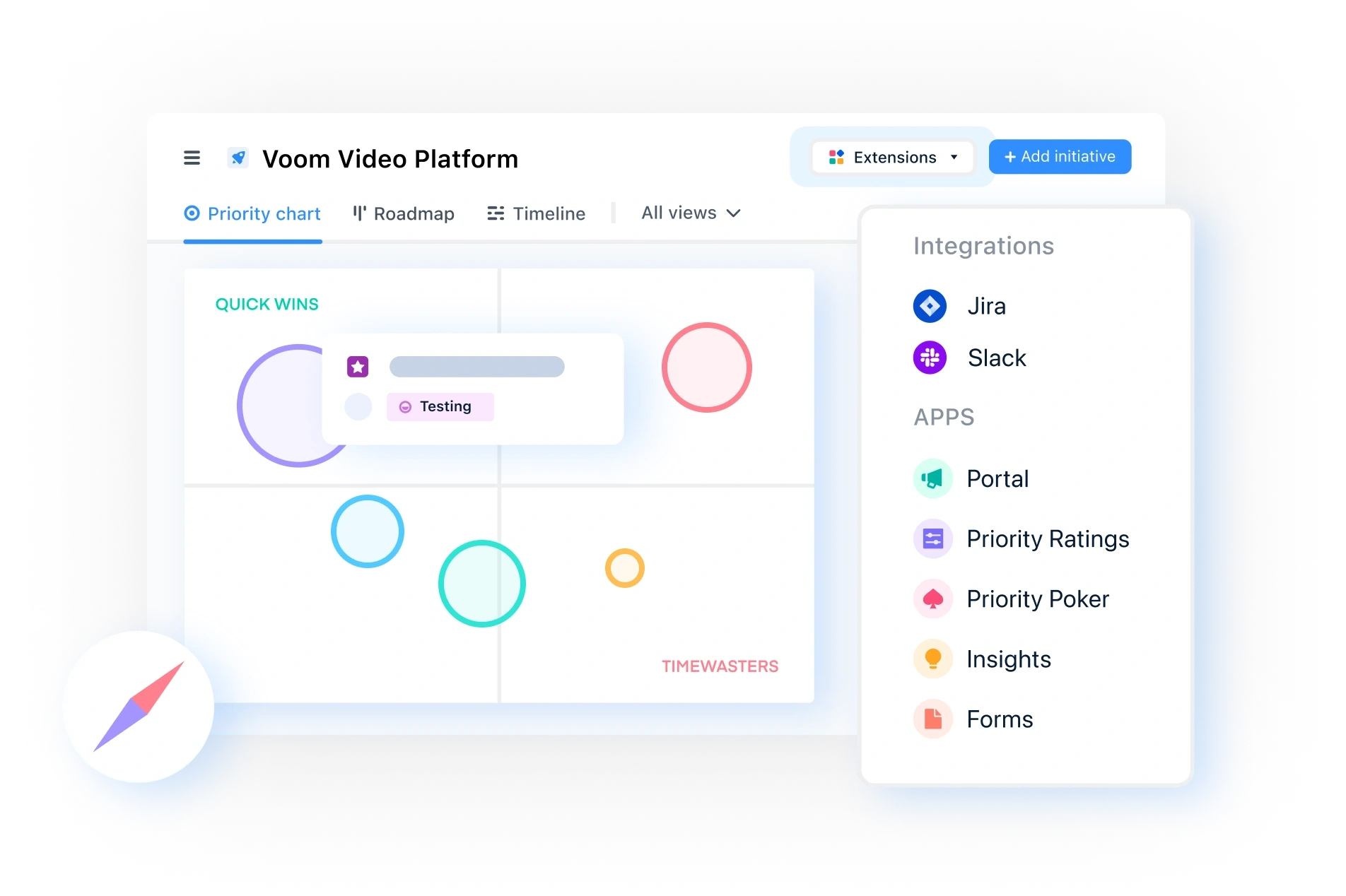Convergent Thinking
What is convergent thinking?
Convergent thinking definition
Convergent thinking is a term coined by Joy Paul Guilford to describe the process of choosing the most logical answer to a problem.
Convergent thinking is the opposite of divergent thinking. It generally involves giving the "correct" answer to standard questions that do not require significant creativity. Convergent thinking is essentially the process of choosing the obvious choice. Most would simply call this “common sense.”
Those working in product management will likely use convergent thinking without realizing it. It’s a natural feeling decision-making framework that removes the possibility of overthinking a decision.
For example, if a convergent thinker has an IT issue, they would simply call the IT department to have an expert handle the problem.
This kind of linear decision-making is faster and unambiguous. It allows teams to waste less time thinking about solutions and more time doing what really matters. It’s best to use convergent thinking in situations where logic is more important than creativity, such as multiple-choice tests or for problems that you already know have no other feasible solution.
Convergent vs. divergent thinking
Divergent thinking allows us to develop unique, creative ways to solve problems. It lets us view problems and their solutions from multiple perspectives to help improve the outcome while also empathizing with and learning from others.
We use divergent thinking when coming up with ideas or solutions that go above and beyond what our competitors can offer. By digging deeper into a decision, we can better understand why we’re asking the question and how it can affect the people using our products.
Convergent thinking, on the other hand, is used when speed is of the essence. It’s a brilliant method to use when problem-solving, as it tasks us with looking at the biggest cause of the problem we’re trying to solve.
Benefits of convergent thinking
Not every problem needs a creative solution. Some problems can be solved with simple, straightforward common sense. Convergent thinking is a linear process that makes decision-making far more straightforward than most other frameworks.
Convergent thinking is a much faster way of coming to a decision than most decision-making frameworks. By using convergent thinking, teams can develop highly effective decisions without hours of discussion and ideation. It allows you to simply see a problem and fix it.
Convergent thinking embraces structure and clear solutions, so we see it often in the product management world. It leaves no room for ambiguity, allowing the entire team to align themselves with the new goal without needing to explain why the decision has been made.
General FAQ

Glossary categories
Prioritize with confidence

Experience the new way of doing product management








